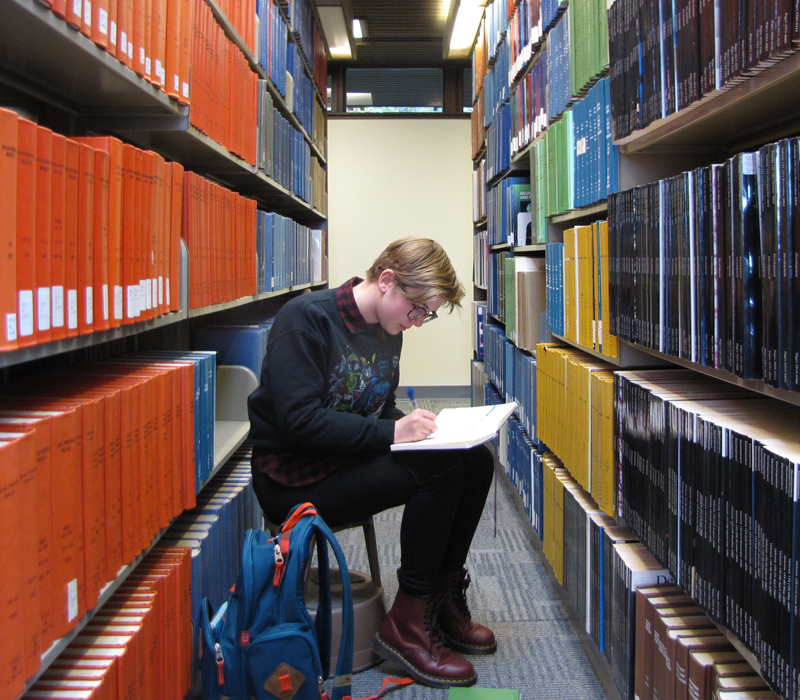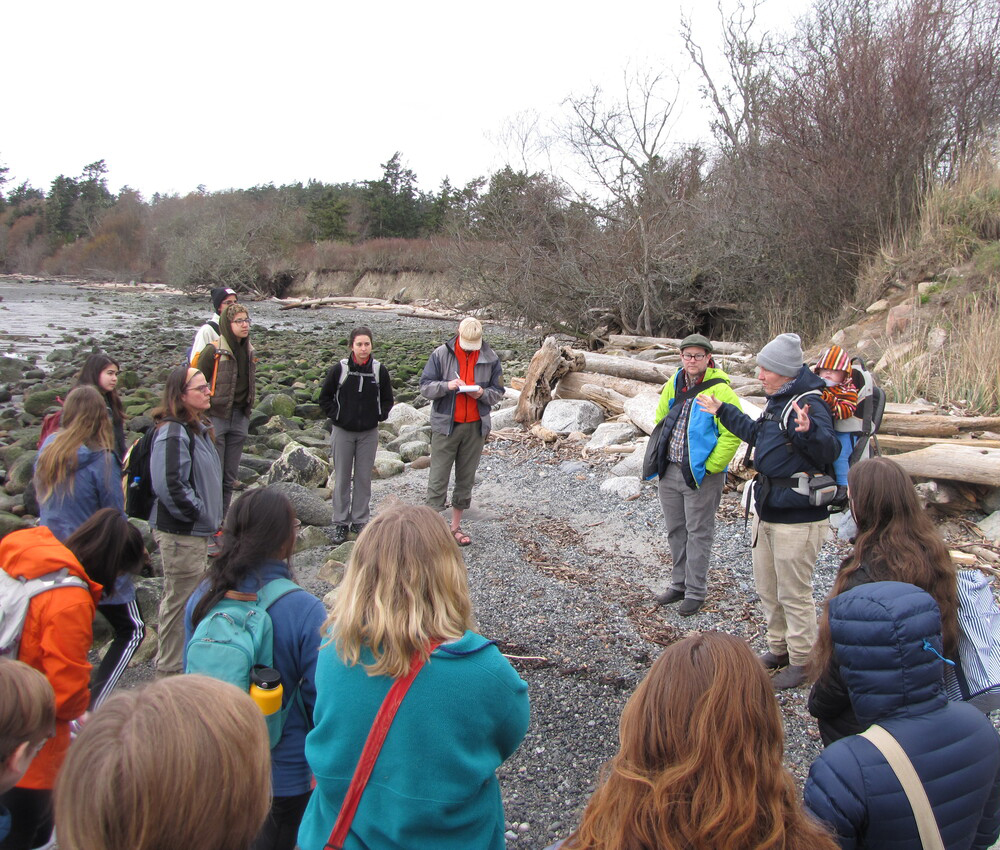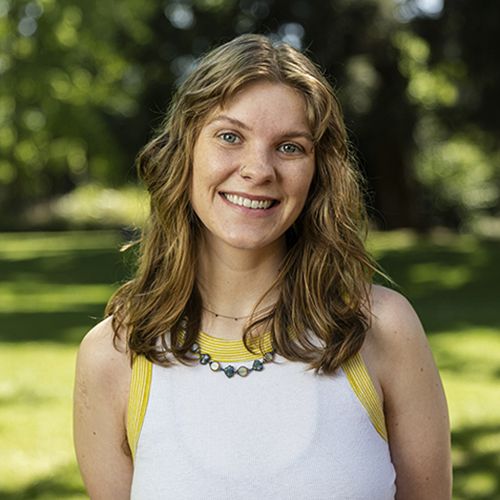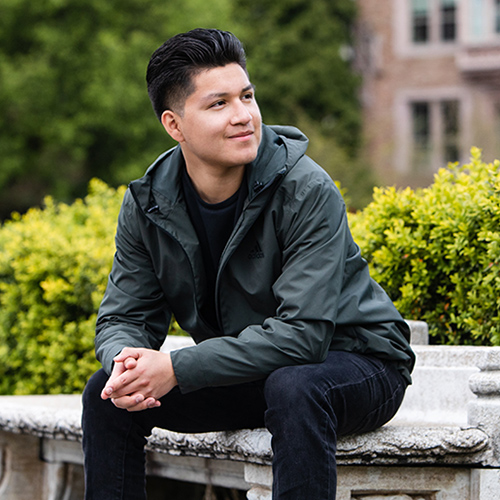
Ask questions. Think critically. Express creatively.
The Comparative History of Ideas Department (CHID) is a unique interdisciplinary undergraduate academic experience. CHID encourages students to consider issues from multiple perspectives and gain insights into the transformational power of ideas. Through close collaboration with faculty, staff, and local and international organizations, CHID offers students the creative freedom to tailor their education to their interests and professional goals, culminating in a senior thesis that deepens their scholarly engagement.
Undergraduate Programs

Careers
Alumni use their unique, multidisciplinary skills and expertise to find success and drive change in a wide variety of fields such as law, medicine, environmental education and new media. Companies like Amazon and Microsoft, and non-profit organizations like Sesame Street and the Seattle Art Museum, are among the many employers who value CHID students’ ability to understand complex systems, communicate clearly and break down difficult problems through research and analysis. Comparative History of Ideas students may pursue graduate studies in the humanities, social sciences and other fields.
Career Paths
A few of the professional roles CHID alumni hold include:
- Policy analyst
- Legislative aid
- Marketing manager
- Healthcare provider
- Professor

Explore, reflect, and learn abroad
Comparative History of Ideas is widely recognized and respected for its innovative and transformative international programs. CHID offers many rigorous and collaborative study abroad experiences for students, viewing such experiences as a path toward critical realistic participation in a world that is both increasingly unified and persistently diverse. Each year, over 100 CHID students study abroad in countries such as Italy, Mexico, the Philippines, Germany, Iceland, Spain, Thailand and many more.
Find Yourself in Comparative History of Ideas
Study what matters to you. CHID brings together outstanding faculty and staff from the sciences, arts, social sciences and humanities for a truly interdisciplinary education that will encourage you to think across boundaries.




